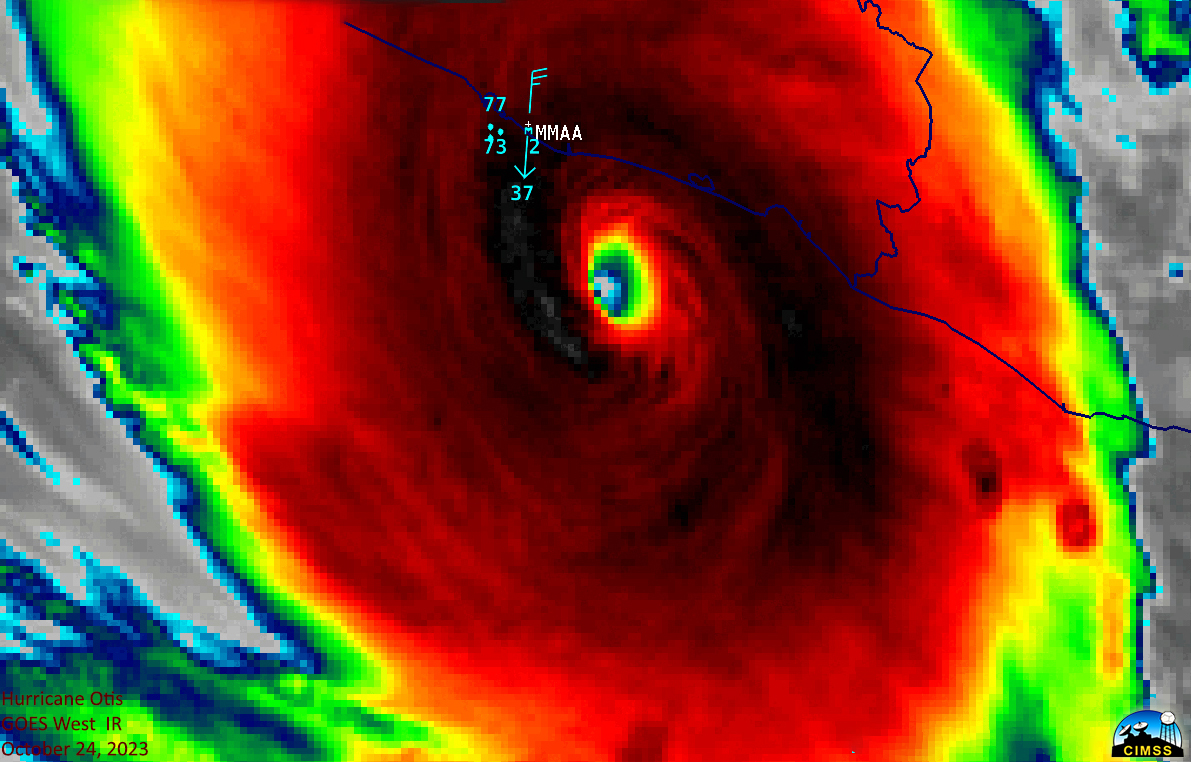Hurricane intensities are classified using the Saffir–Simpson scale, which rates hurricanes on a scale of 1 to 5 based on the damage their winds would cause upon landfall. Major hurricanes are those classified as Category 3 and higher on this scale.
Category 3 hurricanes have one minute of sustained winds between 111 mph and 130 mph. The one-minute sustained winds in a Category 5 hurricane are greater than 155 mph.
Forecasting hurricane intensity is a difficult task, and forecasting how rapidly they might intensify is particularly difficult. Rapid intensification is when a tropical cyclone strengthens dramatically in a short period of time. The National Hurricane Center (NHC) defines rapid intensification as an increase in the maximum sustained winds of a tropical cyclone by at least 35 mph in a 24-hour period.
Intensification of a hurricane requires the right environmental conditions. One is water temperature. If water in the ocean beneath the hurricane is warm enough, it releases large amounts of energy as it evaporates, creating a dip in air pressure that generates powerful winds.
Otis, a storm that struck the southern coast of Mexico, was initially forecast to be a weak tropical storm (one-minute maximum sustained winds between 39 and 73 mph) at peak intensity. Instead, Otis underwent rapid intensification, reaching peak winds of 165 mph when it made landfall near Acapulco, Mexico, at 1:25 a.m. Wednesday. Otis strengthened from a tropical storm to a Category 5 hurricane in only 12 hours. This rapid intensification occurred over a patch of ocean with sea surface temperatures approaching 88 degrees. It came ashore as the strongest storm on record to hit Mexico’s Pacific coast.
While forecasts of intensification have improved, challenges remain. A recent paper in Nature found that rapidly intensifying storms that are within 240 miles of coastlines are now significantly more common than they were 40 years ago.
Steve Ackerman and Jonathan Martin, professors in the UW-Madison Department of Atmospheric and Oceanic sciences, are guests on WHA radio (970 AM) at 11:45 a.m. the last Monday of each month. Send them your questions at stevea@ssec.wisc.edu or jemarti1@wisc.edu.


